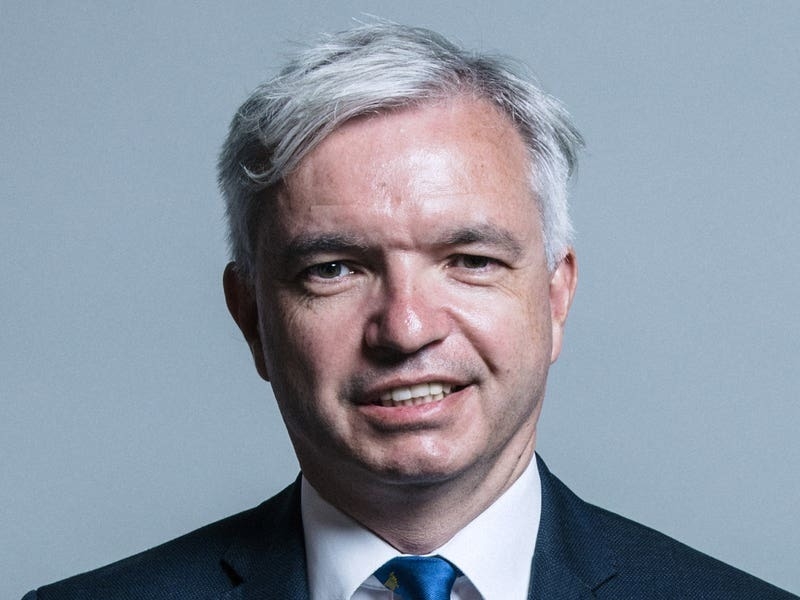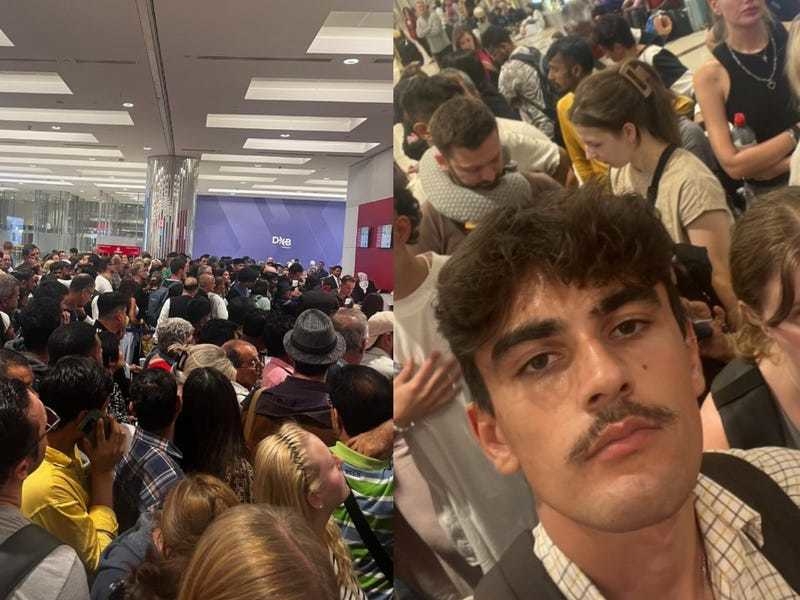Spending on essentials rose at nearly double the annual increase in non-essential spending in March, in signs of households making lifestyle adjustments in order to be able to afford “must-haves”, according to Nationwide Building Society’s analysis of its members’ financial habits.
The total value of essential spending rose by 11% year on year in March – close to double the growth of non-essential spending (6%), the society said.
The report analysed millions of debit card, credit card and direct debit transactions made by Nationwide members.
Within the non-essential spending category, the total value of spending on subscriptions fell by 3% annually, in signs of households looking to cut back.
Spending on dating fell by 11% annually, on DIY it dropped by 9% and, perhaps also reflecting some chilly weather this spring, spending on gardening fell by 20% annually.
Spending on pensions and investments was down by 5% annually in March, according to Nationwide’s data.
Also within the essential spending category, the total value of spending on both mortgage payments and supermarkets increased by 16% annually.
Spending on rent increased by 10% year on year, while travel-related spending increased by 11%.
Looking at how people are paying for services and goods, of transactions of up to £100 made by a Nationwide customers in March, 91% were contactless, using a card or phone.
A Censuswide survey of more than 2,000 people in April found around two-thirds (67%) are worried about the state of their personal finances and ability to cover essential costs.
This is up on last month, when the figure was 63%, according to Nationwide, which commissioned the survey, but still down from 70% in February.
“Despite pressures, discretionary spend remains fairly buoyant as households continue to balance what they need versus what they want. We should expect to see this continue as we approach summer and the weather gets warmer.
“The way we pay is also evolving, as shown by our data and research.
“A boom in contactless up to the new £100 limit means that more than nine in 10 transactions made in store up to that limit were done via the technology, as consumers benefit from the convenience it brings.”
Speaking to the PA news agency on Monday, HSBC UK chief executive Ian Stuart said: “People are changing their shopping habits – you can see that through debit cards and credit cards, you can see how people are dispersing their money, being slightly more cautious. And I think that will continue for some time.”






